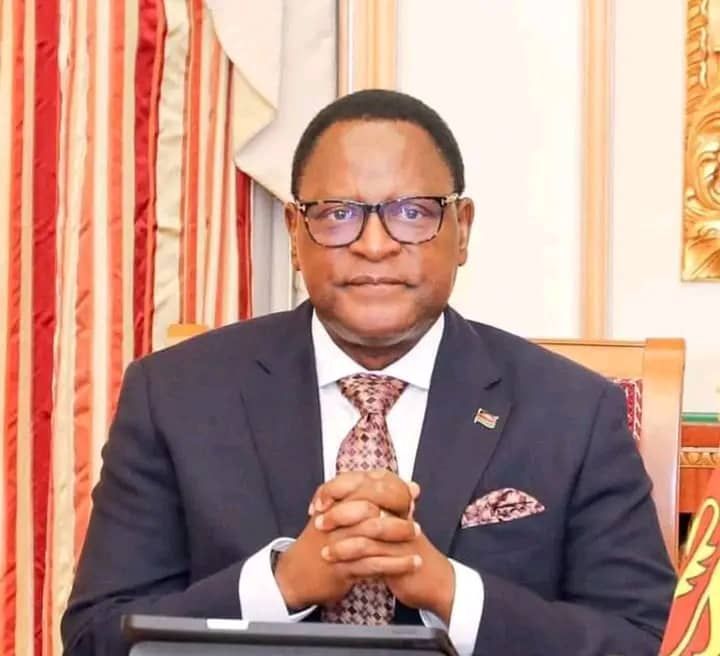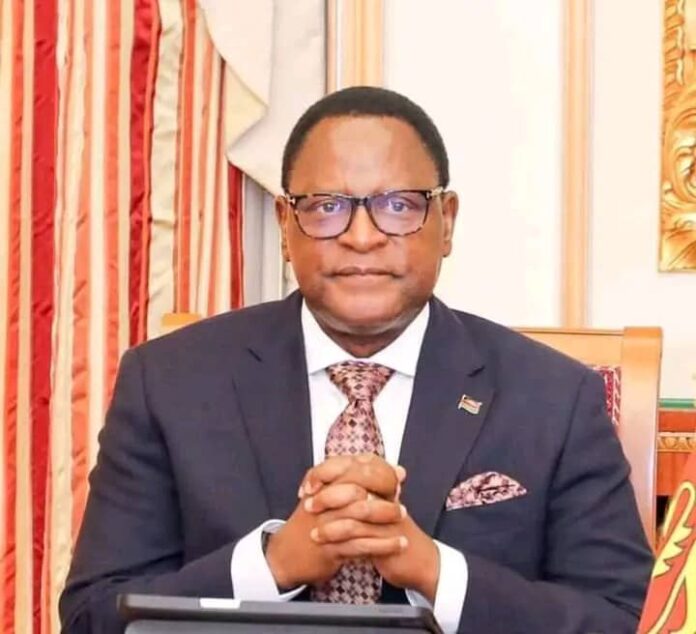By Twink Jones Gadama
In 2014, Lazarus Chakwera stood before the nation as the Leader of the Opposition, advocating for a lean Cabinet that would not only streamline governance but also reflect a commitment to fiscal responsibility. His vision resonated with many Malawians who were weary of bloated government structures that often led to inefficiency and corruption. Fast forward to 2020, and Chakwera ascended to the presidency, buoyed by the hopes of a nation eager for change. However, the political landscape has shifted dramatically since then, forcing Chakwera to confront the complexities of governance that he once critiqued.
As President, Chakwera’s initial Cabinet was indeed smaller than those of his predecessors, a move that was celebrated by stakeholders who believed it signaled a new era of accountability. The Tonse Alliance, a coalition of several political parties, had promised a government that would prioritize the needs of the people over political patronage. Yet, as the alliance began to fray and the Malawi Congress Party (MCP) emerged as the dominant force, the realities of political survival began to set in.

The recent expansion of Chakwera’s Cabinet has sparked disappointment among various stakeholders, including the Public Affairs Committee (PAC), which had hoped that the dissolution of the Tonse Alliance would lead to a more streamlined government. Instead, the President’s decision to increase the number of ministers has raised eyebrows and questions about his commitment to the principles he once championed. Critics argue that the expansion is a betrayal of the promises made during his campaign, suggesting that political expediency has taken precedence over the ideals of good governance.
Chakwera’s predicament highlights the often-unforgiving nature of political leadership. The need to appease party loyalists, secure legislative support, and navigate the intricate web of Malawian politics has compelled him to make compromises that may undermine his original vision. The expansion of the Cabinet, while perhaps necessary for maintaining stability, has led to a perception of inconsistency and a departure from the lean governance model that many had hoped would define his presidency.
As the nation watches closely, the challenge for Chakwera will be to balance the demands of political reality with the expectations of a populace that yearns for transparency and accountability. The disappointment expressed by stakeholders like the PAC serves as a reminder that the road to effective governance is fraught with challenges, and the ideals of a lean Cabinet may be more difficult to achieve than initially anticipated. In this evolving political landscape, the question remains: can Chakwera reconcile his past promises with the present demands of leadership, or will he become yet another leader ensnared by the very system he sought to reform?



